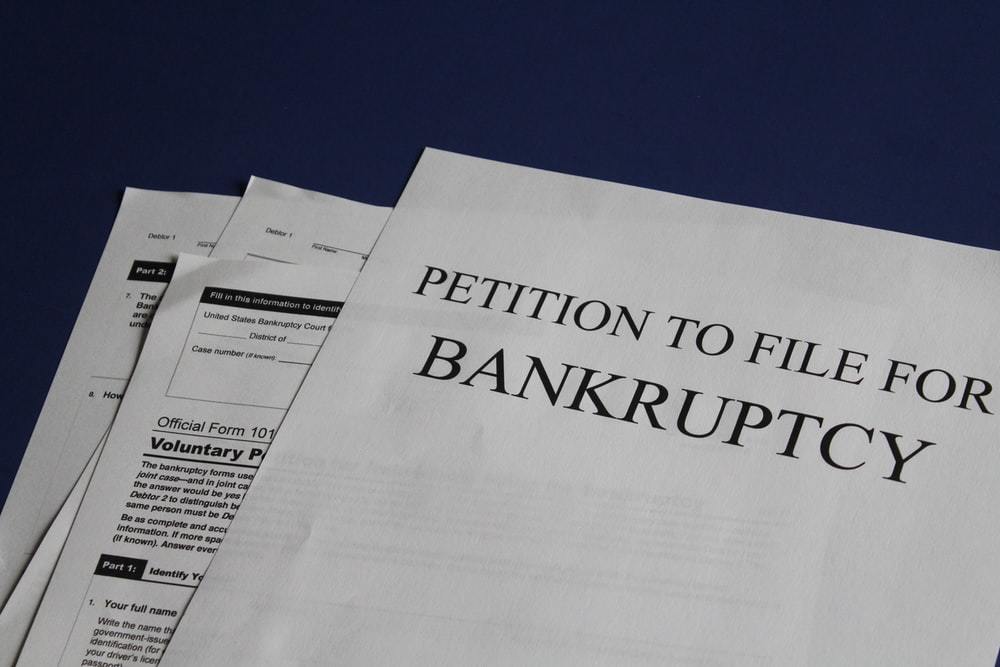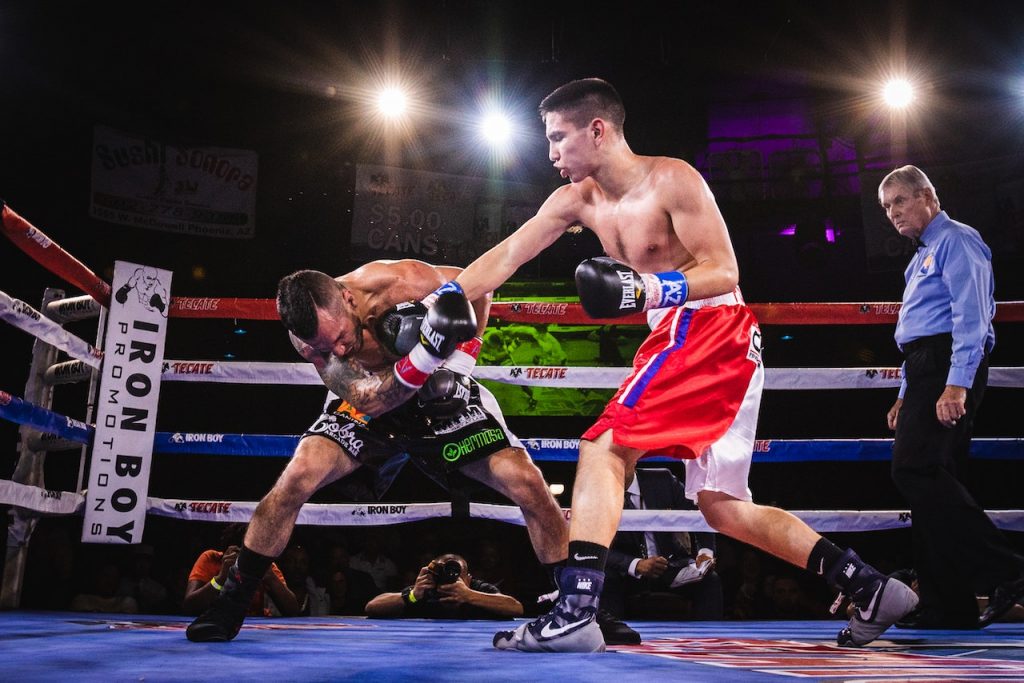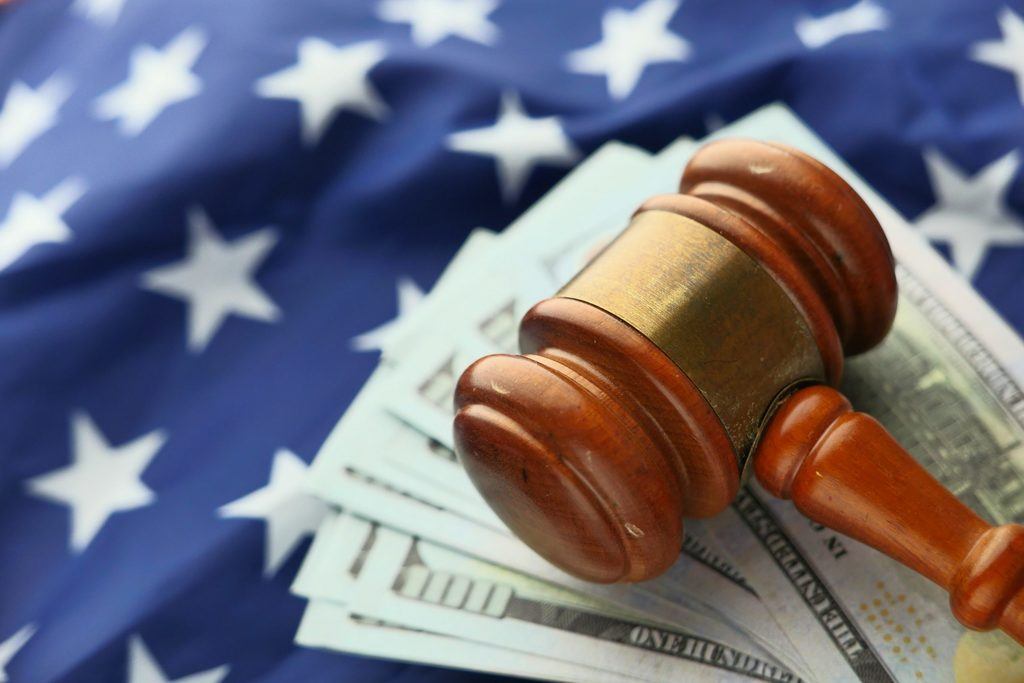- Home »
- Creditors’ Committee
Creditors’ Committee
A court may recharacterize a creditor’s debt claim as an equity interest. This recharacterization often has a significant impact on creditor claims.
A debtor does not have to be insolvent to file for chapter 11 bankruptcy. Can its creditors pursue dismissal of a chapter 11 case?
Like a professional fee carve-out, secured creditors may also agree to a carve-out for unsecured creditors to appease the court and creditors’ committee.
Who makes the top of the list in the order of priority? See where you fall based on the absolute priority rule.
It’s typical for secured lenders in a chapter 11 case to set aside a portion of the proceeds of its collateral to pay professional fees. Understand what you may need to know about carve-out fees.
The Spokane Country Club bankruptcy case (SCC, the club, or the debtor) is an interesting study. The bankruptcy process was used to disrupt the collection efforts of plaintiff creditors who had been awarded a judgment and to negate the club’s significant policy changes that had been stipulated in a state court proceeding. The club was founded in Spokane, Washington, in 1898. Spokane is located on the far eastern side of Washington State, closer to Missoula, MT, than to Seattle. The city is named after the Native American Spokane people, whose […]
You just won a hard-fought trial and obtained a money judgment against a corporate defendant. But how do you go about enforcing a judgement? You may need a collection lawyer to navigate difficult judgment debtors.
The Jevic case upheld the absolute priority rule, but it did not prohibit structured dismissals. How are structured dismissals affected post-Jevic?
Potential Outcomes of Intercreditor Deeds Secured creditors often seek agreement among themselves in order to limit intercreditor conflict and expedite fulfillment of their respective claims against a borrower in a Chapter 11 case. One might call it a “strength through peace” approach. However, in Chapter 11 cases, some courts have ignored intercreditor agreements in cramdown situations, refused to enforce certain terms as contrary to public policy, and have construed a given intercreditor agreement term as not covering the controversy at issue. We note that the likely fate of an […]

Dealing with Corporate Distress 02: These Are the People in Our Neighborhood: An Overview of Parties in Chapter 11
A Series on the ABCs of ABCs, Business Bankruptcy & Corporate Restructuring/Insolvency Since a judge presides over a chapter 11 proceeding, one might assume that a chapter 11 case is like any other commercial litigation matter, with one party on each side of the case: a plaintiff and a defendant. One would be wrong (Felix Unger taught us what happens when we “ass-u-me”). In this installment of our series on business bankruptcy, restructuring and insolvency, we look at debtors, chapter 11 trustees, types of creditors and other parties involved in […]









